Internet radio has become the norm in the age of the World Wide Web. We no longer need to finick around with a traditional radio player that is rather cumbersome to use.
Unbeknownst to many, there are many digital alternatives in the form of internet radio that can drastically improve your radio listening experience while being mobile. That is, you can enjoy all the apps listed below as traditional Linux applications.
1. Advanced Radio Player
Advanced Radio Player is a KDE native application that has the benefit of being the default player for systems that use the KDE Plasma 5 desktop environment.
Today, almost all mobile devices allow you to stream a radio station on the go. Most of these applications have an interface to choose your preferred music and stream it as you’re on and about.
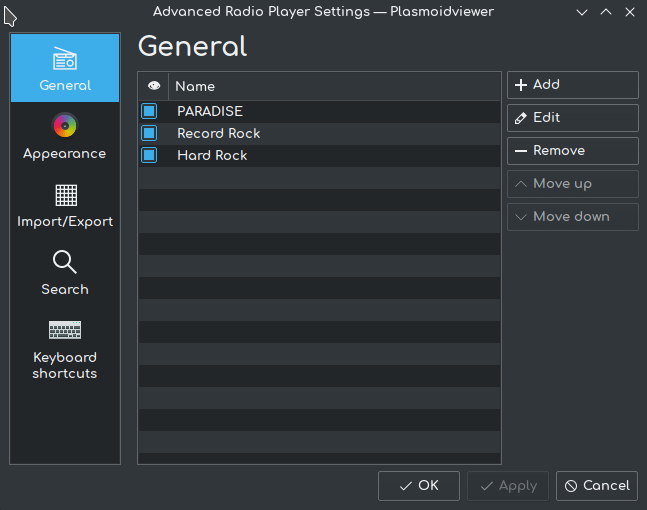
They also show some useful information such as the artist you’re listening to, the time it was broadcast, and other technical stuff. Advanced Radio Player is an advanced radio player for any Linux system.
It enjoys the benefit of cross-platform support as your use case is not limited to desktops or servers. You can effectively enjoy the experience on a smartphone or tablet as well.
2. GNOME Radio
GNOME Radio is a great application for those who love to travel and discover new music. This application covers many different kinds of music, from classical, jazz, and folk to pop, indie rock, and electronic.
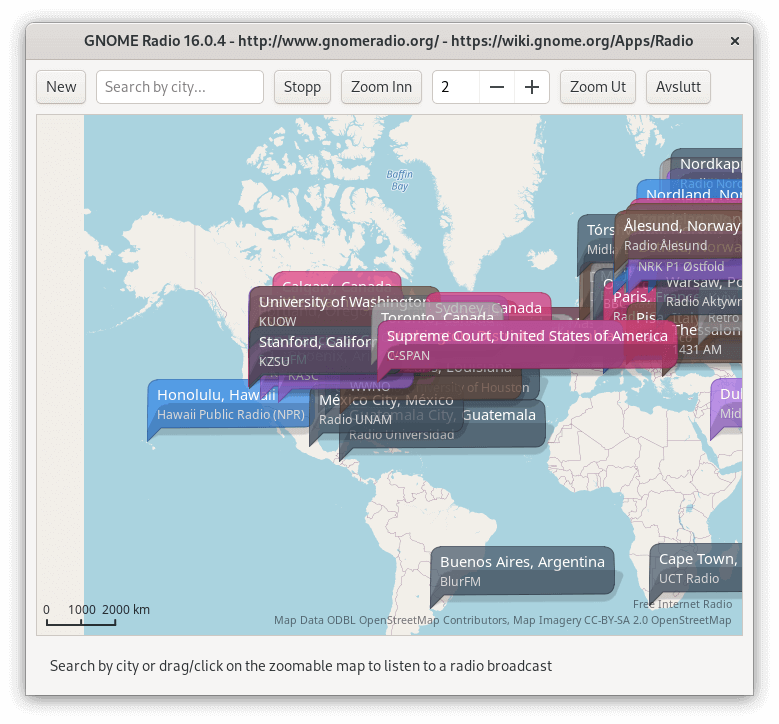
As a GNOME native application, you can easily download it from the GNOME software center which provides access to a lot of first-party GNOME apps with many more from third-party developers as well.
3. Shortwave Radio
Another GNOME native application on this list, Shortwave is quite robust with over 30,000+ available stations with the added convenience of being able to install it via the GNOME software center.
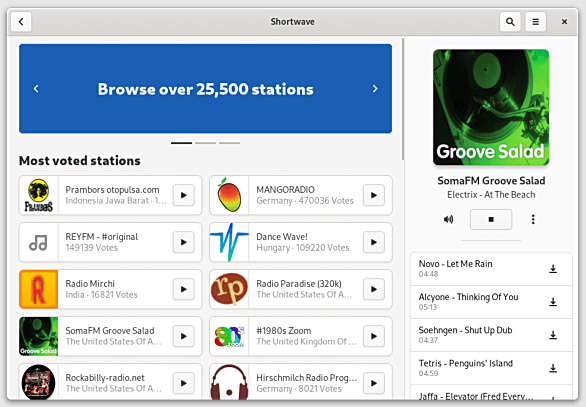
It’s a great little app that’s well worth trying out. As you can see, the GNOME desktop has quite a few apps available. But it doesn’t mean that you have to use them all so theoretically. If you’re considering an application that’s GNOME native, you now have between both Shortwave and GNOME Radio.
4. Tuner
Tuner, which is a radio application by the elementary OS team, is geared towards offering more flexibility when it comes to having a good time with some music. The latest version of Tuner is 2.0, and it drastically improves upon the experience of the previous release.
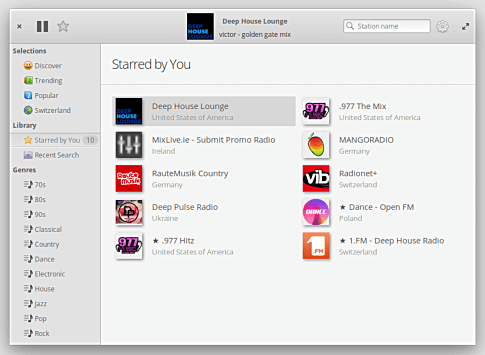
It no longer has a separate app for the radio station streams and instead uses the elementary OS dock to keep everything within reach. As a distro-agnostic application, Tuner can be installed on Ubuntu or just about any Linux derivative operating system.
The app comes with features that improve your user experience with a nice color scheme, and the ability to change/choose the style of the sound indicator that you want to use which helps to visually distinguish which station I’m listening to.
As an Elementary OS native application, Tuner without a doubt will enjoy some integration features that may/may not be available if you were to install it on a non-native system but that’s a claim that may not necessarily apply to you so essentially, your mileage may vary.
5. Goodvibes
If you’ve been somewhat wary of the natively-oriented options on this list so far, Goodvibes is the great equalizer that is made with GTK and drastically dumbs down the GUI to make it as simplistic as possible.
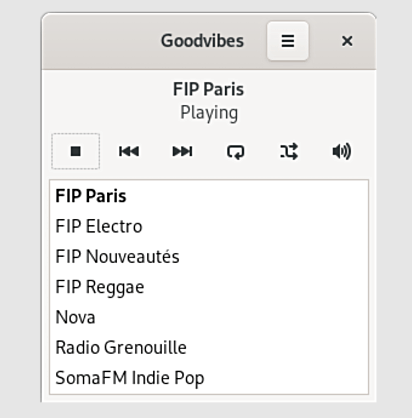
Goodvibes simply plays and manages radios with no extra bells and whistles.
Conclusion
If you’re a radio head (not the band) who uses Linux, the options above are by far the best candidates that will easily satisfy your listening needs for an enjoyable Linux experience.
If you’re a newbie, on the other hand, you may need a little workaround to get up and running but your experience will most likely reach baseline in no time as these applications tend to grow on you easily especially if you use them pretty often.


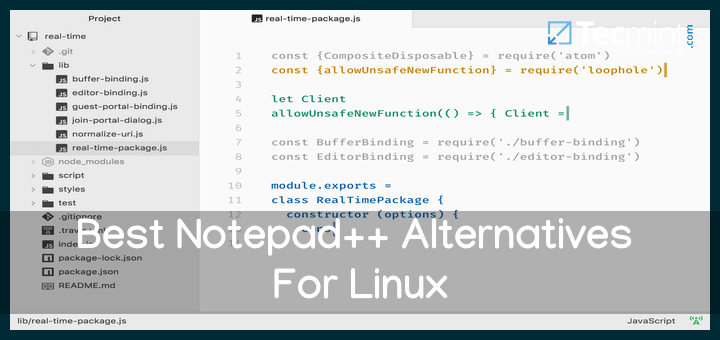
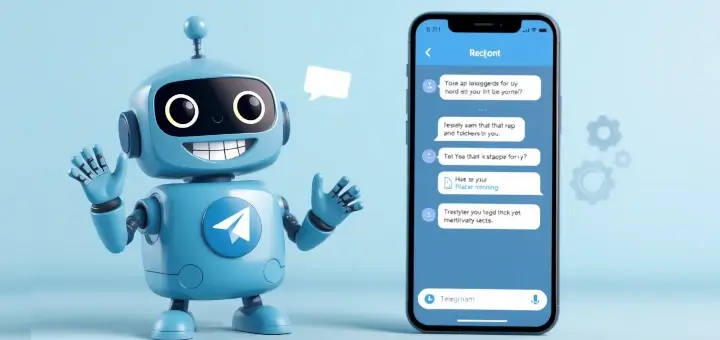
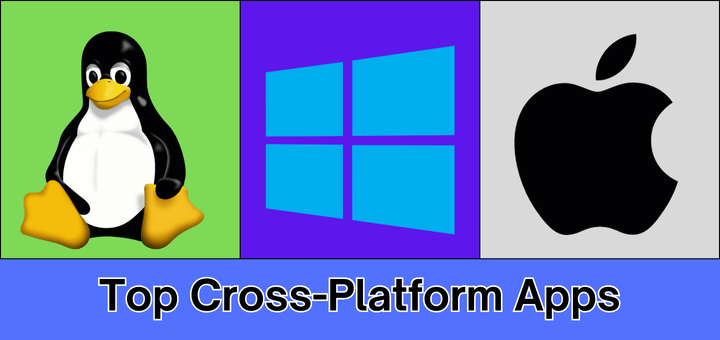
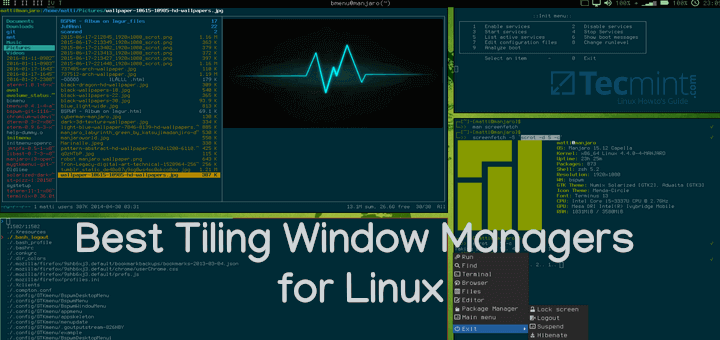


“We no longer need to finick around with a traditional radio player that is rather cumbersome to use.”
What is a “finick”?
That is only your biased opinion trying to push a particular solution that is lloking for a problem. “Traditional radio” is much less cumbersome to use than Internet players.
I turn on my radio, turn the tuner to the frequency I wish to listen to and I am listening to my favorite music. I don’t need a PC. I don’t need an Internet connection and all the hardware/software that requires.
I am not limited by the poor audio quality of speakers connected to my PC. I don’t have to worry whether I will be allowed to listen to a particular station in my country. And, best of all, it all comes to me FREE!, as in beer.
I will admit that Internet Radio offers more choice of “stations” but since I can only listen to one “station” at a time, it ultimately does not matter.
Internet Radio is one of those “When you’re a hammer, the whole world looks like a nail” applications. Just because you able to do something, does not mean you should do it. I could never understand why people watch movies on their smartphones just because they can. Wouldn’t it much more enjoyable to watch movies on a full-sized screen, or atleast on a 40″ or 50″ or bigger TV screen?
I am the developer of Advanced Radio Player.
Everything you wrote about him is not true.
First, it only supports internet streams (not FM).
Secondly, it can only be used in the KDE Plasma 5 environment.
@Yuri,
Corrected the information about Advanced Radio Player in the article…
Still alive: Streamtuner2, which is an internet radio browser for Linux.
If you use Gnome, check Internet Radio – Listen to an Internet Radio Stream